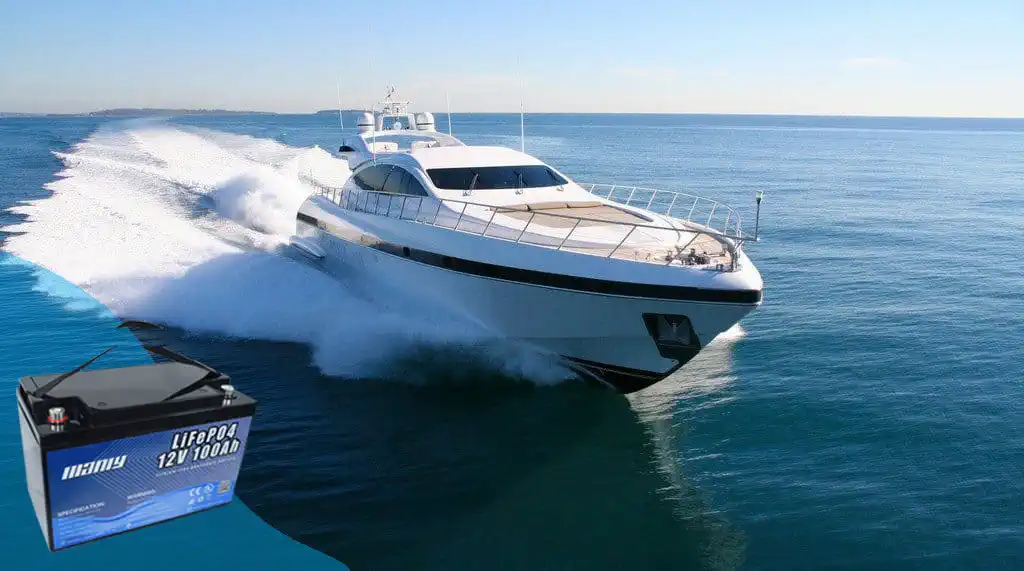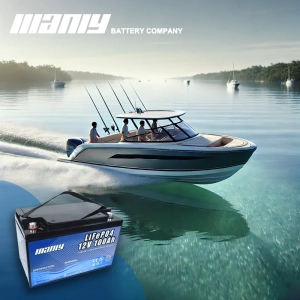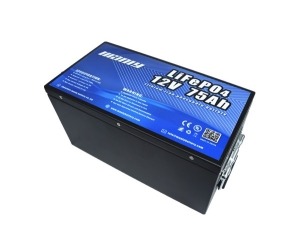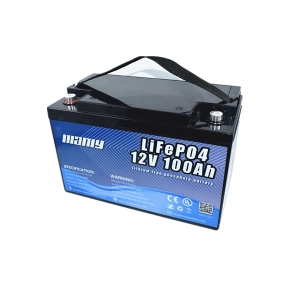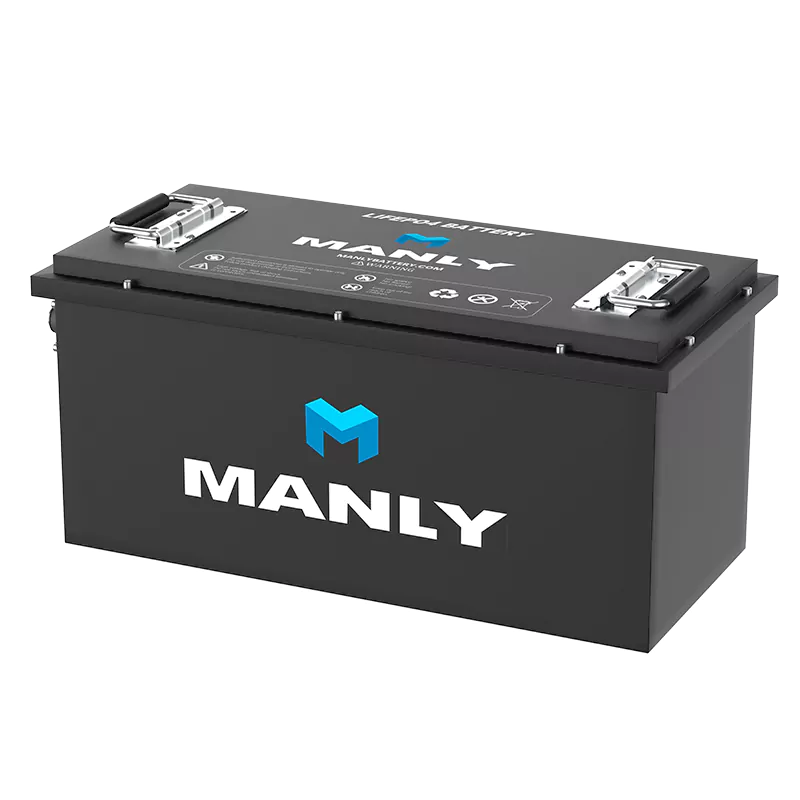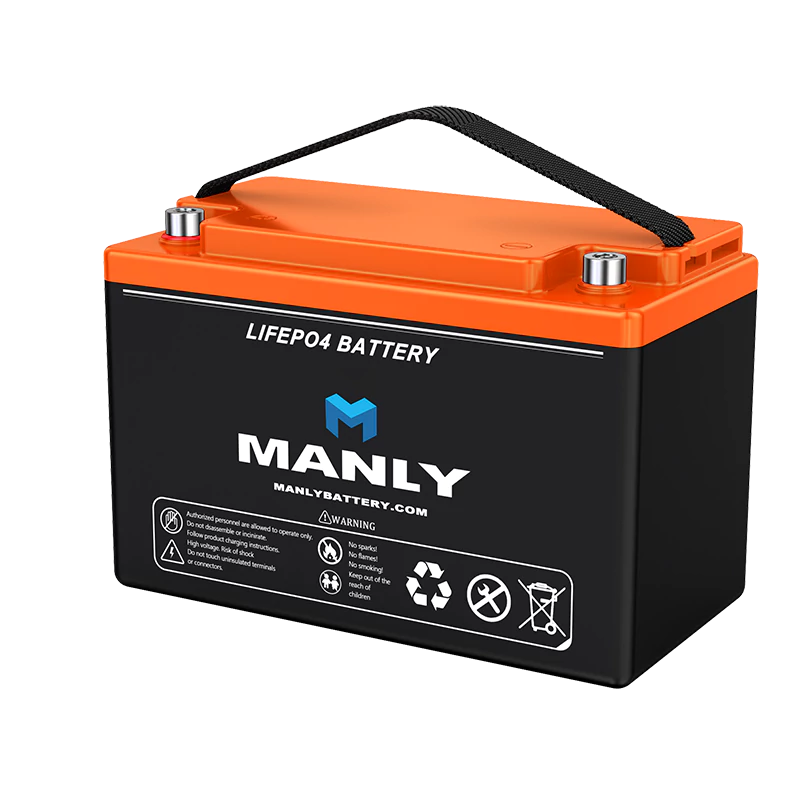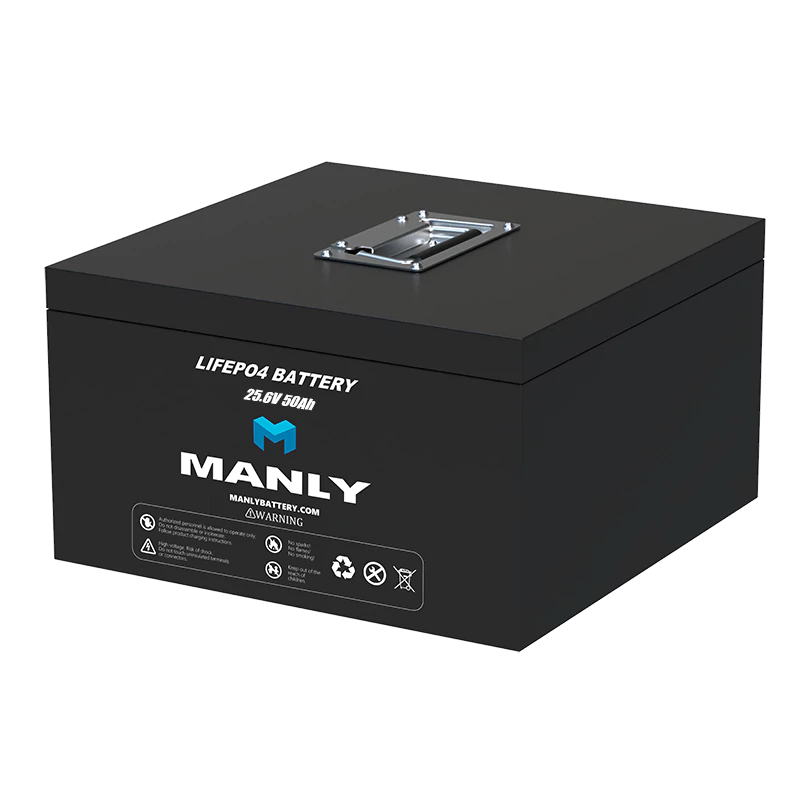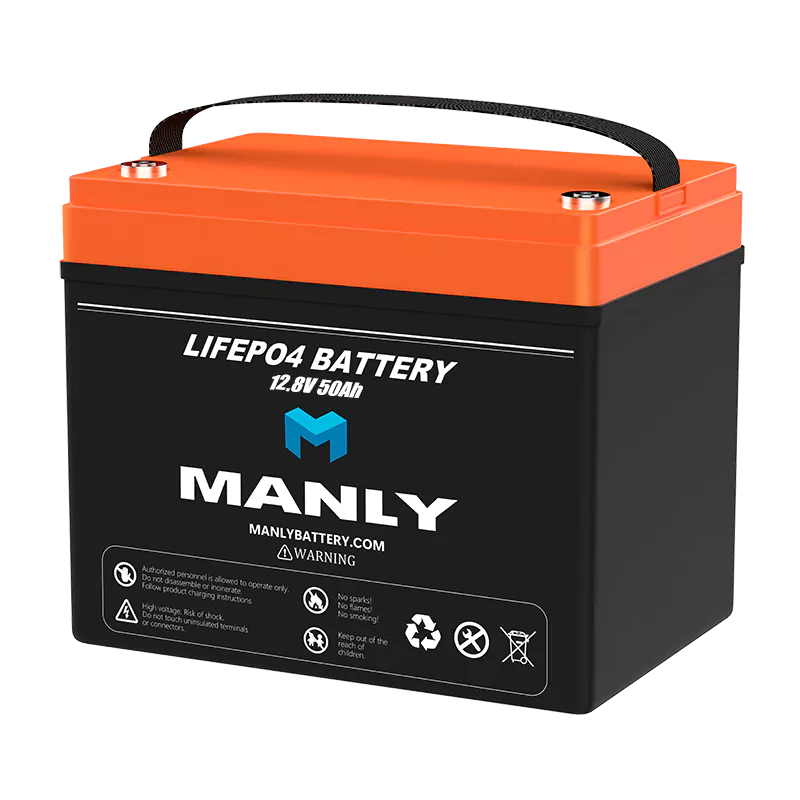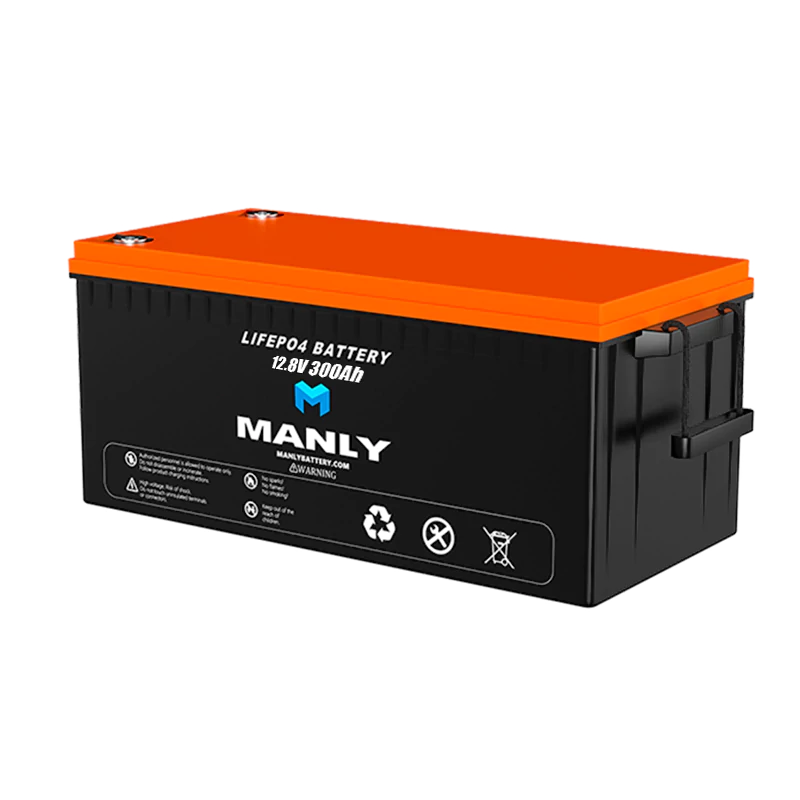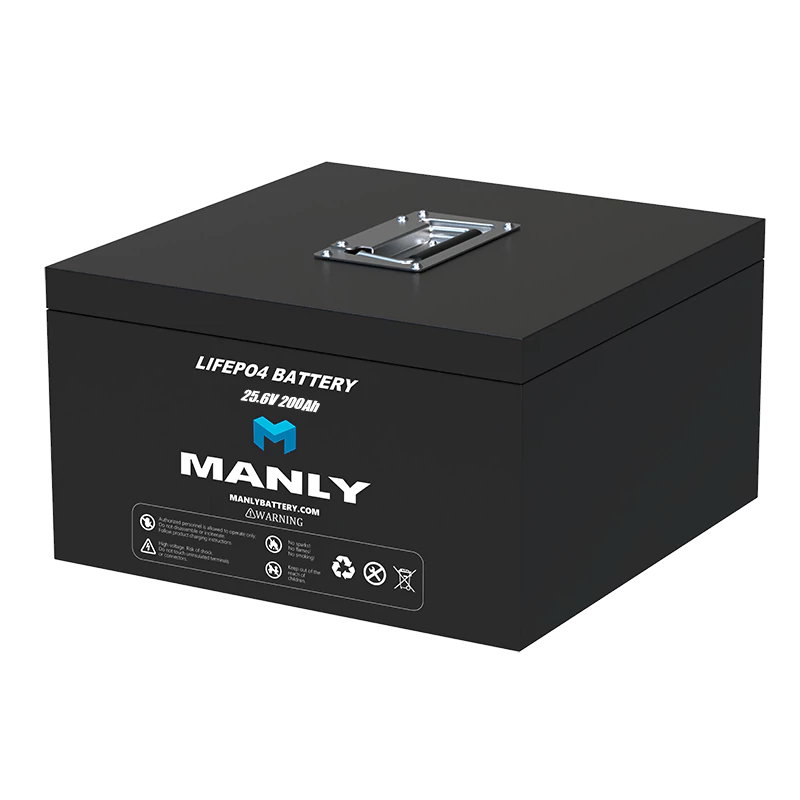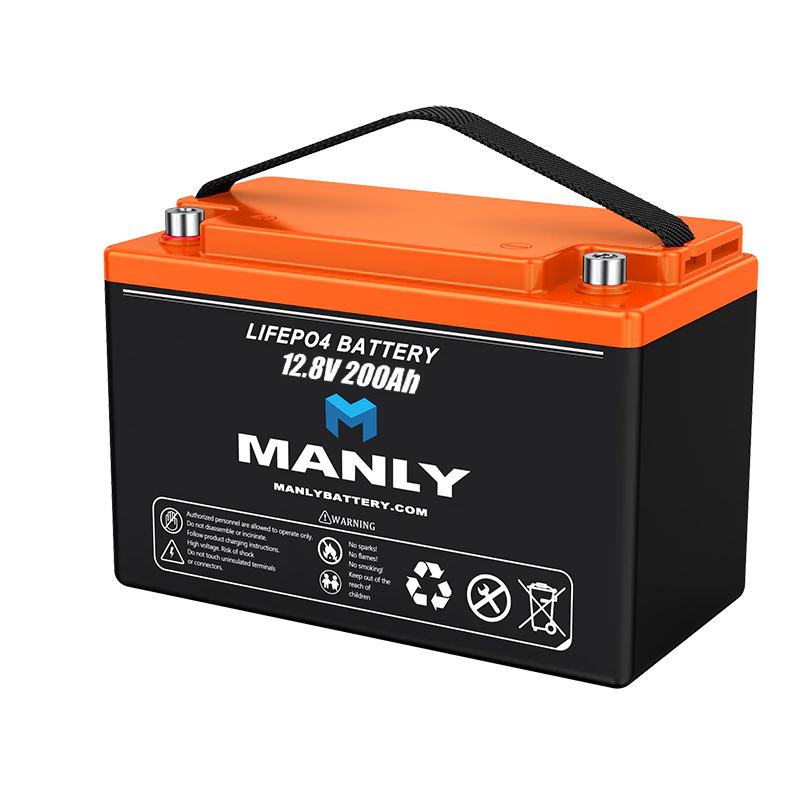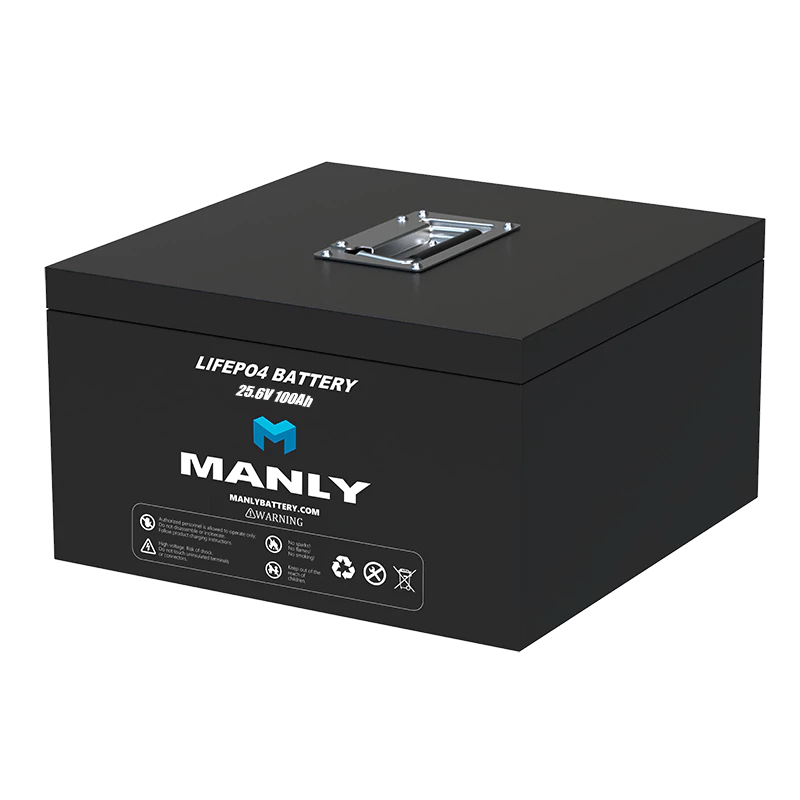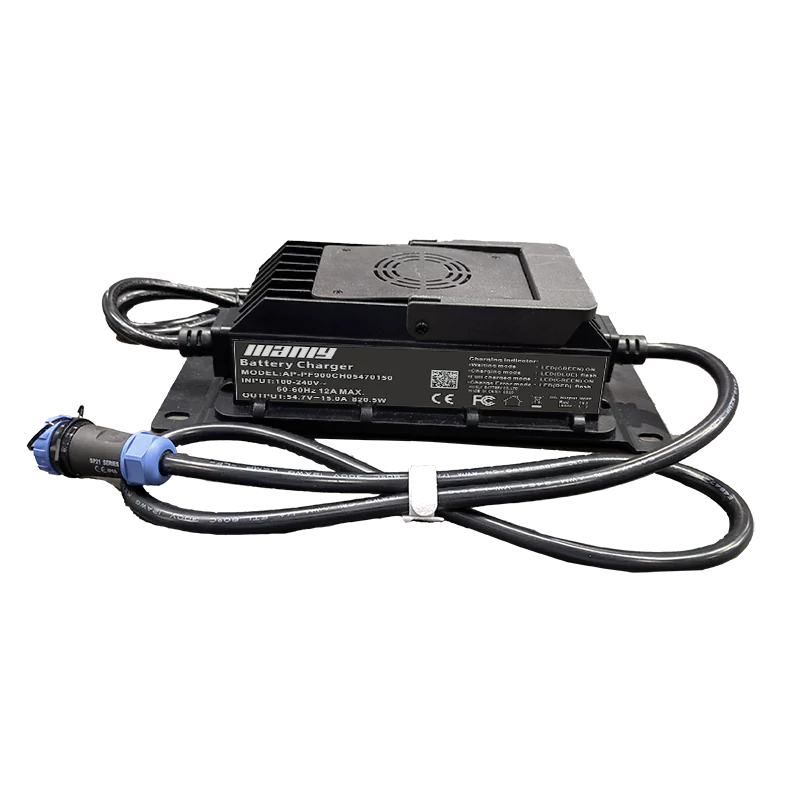How Long Will My Boat Battery Last?
Table of Contents
- How Long Will My Boat Battery Last?
- Different Types of Boat Battery
- How Long Will My Boat Battery Last?
- Which Type of Boat Battery Lasts the Longest?
- Can Lead-Acid Batteries be Replaced with Lithium-Ion Batteries?
- How Many Years Will My Lithium Boat Battery Last?
- Will My Lithium Boat Batteries Get Hot?
- Do I Need a Special Charger for a Lithium Boat Battery?
- Should I Upgrade to a Lithium Boat Battery?
- Learn More About Battery
